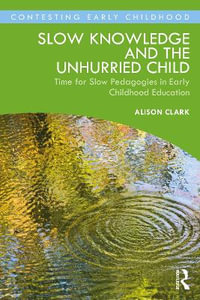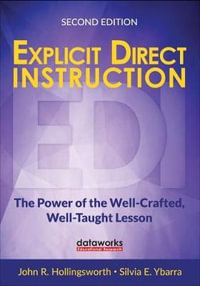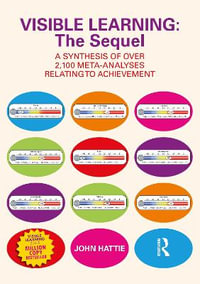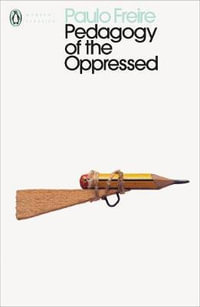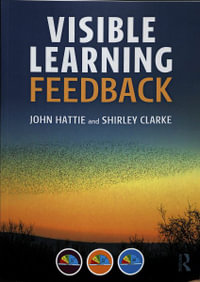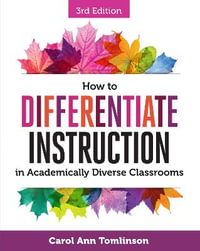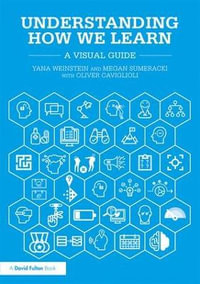This book takes the principles explained in Vol.1 and describes a complete classroom practice for conducting philosophical conversations with groups (especially in schools) that has been honed over nearly twenty years of classroom experience by the author and his colleagues at The Philosophy Foundation. Although the method (known here as philosophical enquiry or 'PhiE' for short) has been previously described in many earlier publications, this is by far the most thorough and comprehensive account of the method to date in one place. It includes, not only a thorough explanation of the central ideas of the method complete with current updates, but many extensions to the PhiE method including writing extensions, but most importantly, the extended thinking programme. This is an extension to the PhiE method that implements metacognitive and critical thinking strategies for the participants that has been shaped by two years of reflective research conducted by The Philosophy Foundation and King's College London.
Industry Reviews
All facilitators of philosophical enquiry, and indeed all educators, should pounce on this book. In this volume Worley provides a wealth of eminently practical and imaginative resources, honed through his many years of experience, which will enrich and enliven the classroom and beyond for pupils, participants and facilitators alike. The aim of both well-integrated volumes is to foster the open, questioning mindsets - constructively critical, collaborative and imaginative - which are so urgently needed to tackle the complex challenges of the 21st century.'--Angie Hobbs, Professor of the Public Understanding of Philosophy, University Of Sheffield Corrupting Youth is yet another great contribution to the literature on philosophy in schools from Peter Worley. Worley traces the ancient sources of his dialectical approach to philosophical enquiry, brings out its continuing value, and explains the principles and practices involved. Here is an expert facilitator who shows how you can become one too.--Philip Cam, president, The Federation of Australasian Philosophy for Children's Associations; Honorary Associate Professor, University of New South Wales Peter Worley's works form an introduction of sorts to philosophical dialogue on both the theoretical and practical levels. While lucid and coherent, they are above all illuminating and enlightening, educating the reader in the questions that engage the practitioners of PwC/P4C and the dialogue created by questions and ponderings that opens up a whole world of imagination--answers in turn raising new queries. As per his wont, Worley's writing is imbued with an inner fire that easily translates into action--an enthusiasm that verges on educational, pedagogical, and philosophical exaltation. On coming to the end of the reading experience, we are left with the conviction that there must be more--a higher level, material we have yet to be exposed to--and it is worth our while to wait and hope to reach even greater heights of our common humanity.--Arie Kizel, Faculty of Education, University of Haifa (Israel); President, ICPIC (International Council of Philosophical Inquiry with Children)



